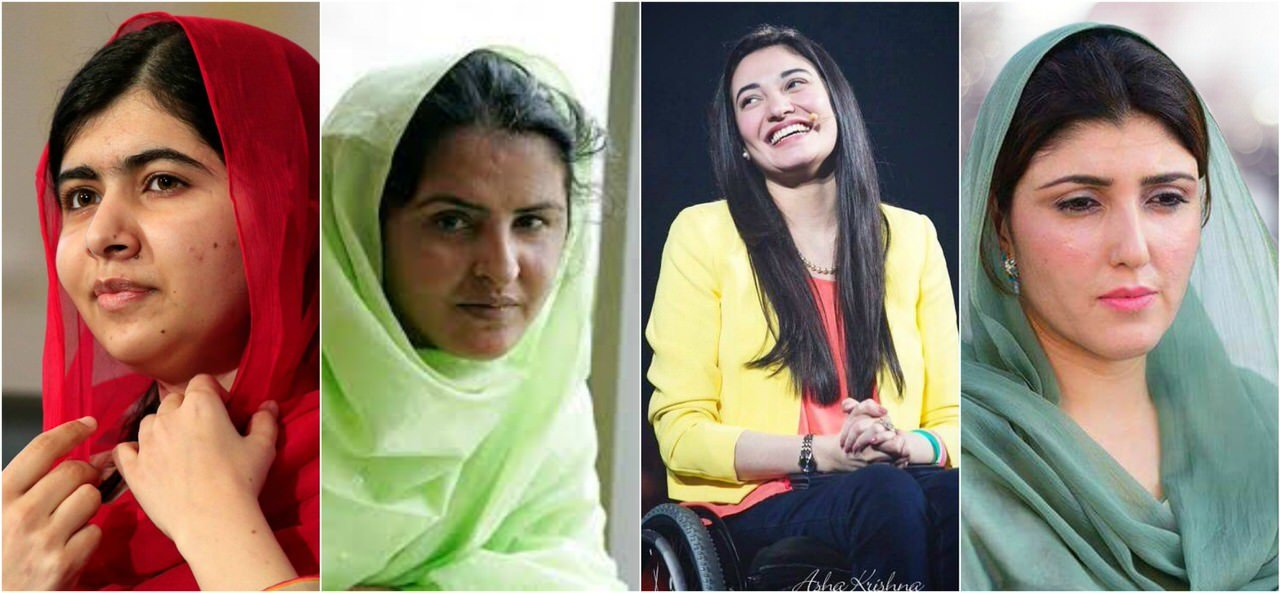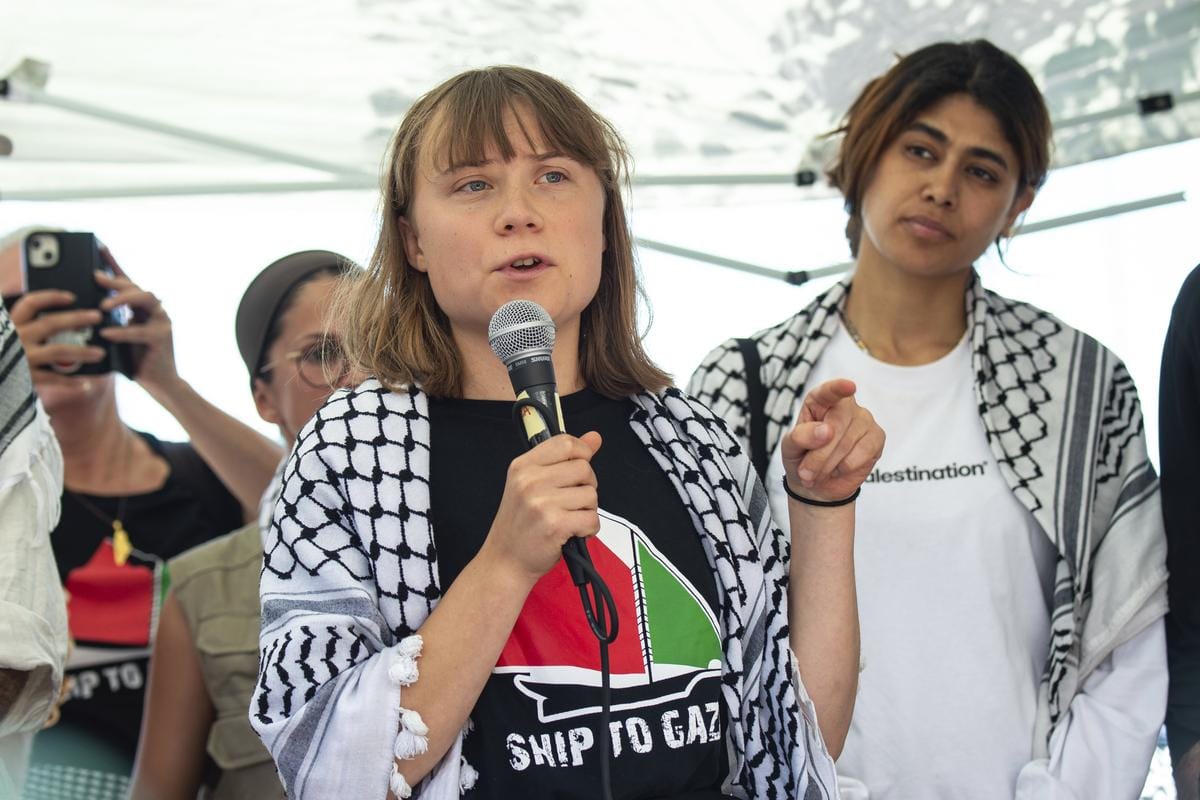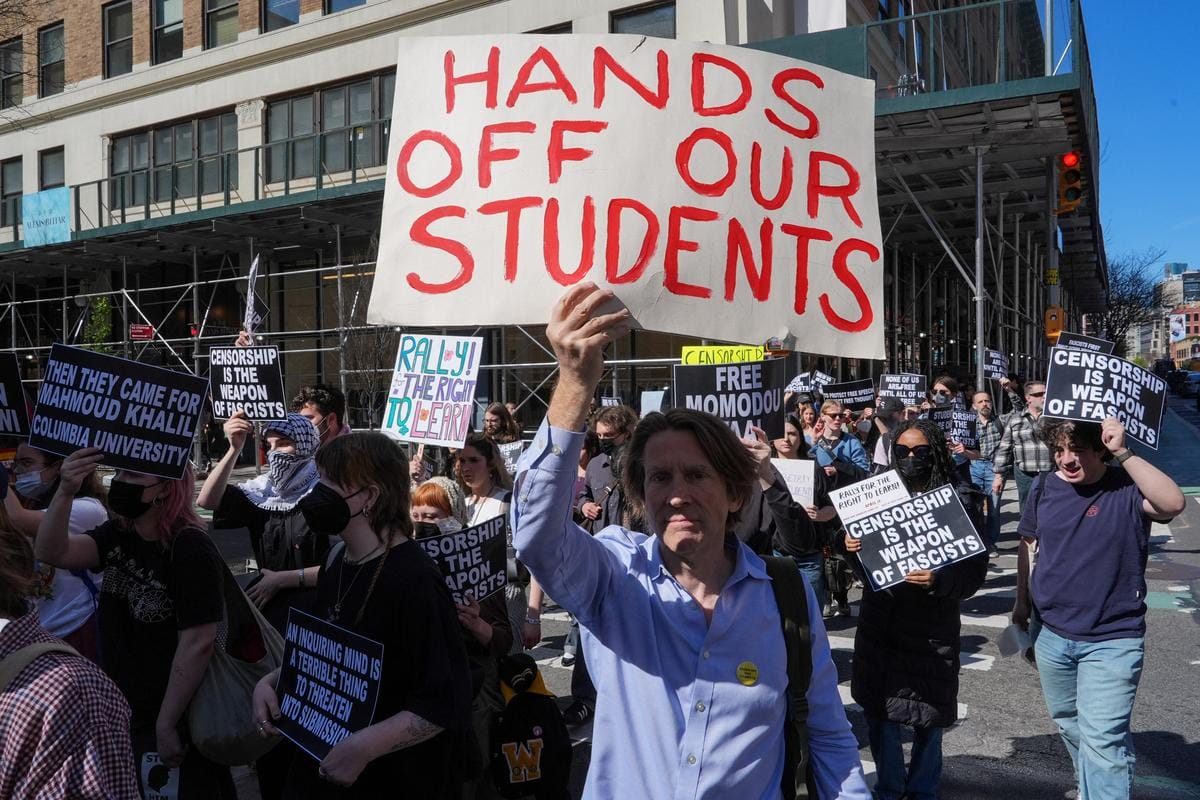Why is it that most Pakistani women have to suffer through hardships and loss in their life in order for them to be celebrated by the Pakistani society – nay, the world? That is a question that runs through my mind every time I see or read something about Pakistani women celebrated by the media. The woman – no matter who she is or where she is from – always has to have a tale of woe in order for her to be heard by the world.
Malala Yousafzai, Muniba Mazari, Ayesha Gulalai and Mukhtara Mai are just a few Pakistani women who are known to the world as survivors – fighters. The world knows them to be strong, independent women working towards women empowerment in an otherwise patriarchal world.
But fighting for women’s rights isn’t the only thing that connects these women to one another. There is one more thing that binds these women together and that is that they all have suffered ill fate and tragedy at some point in their lives. So, why is it that Pakistani women – or women from anywhere for that matter – must go through hardships first, in order for the world to hear their story?
Why must a woman suffer to earn her stripes and be called fearless?
It is a fact that Malala Yousafzai was working towards women’s education in her hometown of Swat, well before the infamous incident that brought Malala to the spotlight. So why wasn’t her work getting the recognition it should have gotten before that? It took a bullet in her head for the world to recognize what a fighter she was. Was she any less of a fighter before that day? Was she any less determined to fulfil her goals?
Simply put, the answer is No. So why did the world decide to recognize her only after she suffered at the hands of men? Why must a woman suffer to earn her stripes and be called fearless?
Everyone is familiar with Mukhtara Mai. She is one of Pakistan’s most prominent women’s rights activist. Although her gang-rape is the reason she became an advocate for women’s rights, it wasn’t until she decided to speak up and fight for herself that Pakistani society and the world noticed her. She is celebrated as one of Pakistan’s most active advocates of women’s rights, but at what cost?
Also Read: Iqbal Bano – The Pakistani Songstress Who Sang Of Revolution
Muniba Mazari only came into the spotlight after her accident which resulted in the paralysis of the lower half of her body. She should have been noticed by the world before her paralysis. Everything she did was perceived as great by the rest of the world only after she lost her ability to walk. It took a young girl losing her ability to walk forever to be recognized and celebrated by the world.
For women, it takes a tragedy to be recognized. Why is pain a necessity for women to be acknowledged by the world? Why is it that no matter what a woman does after her adversity, she is always known to the world as the woman who went through a certain misfortune? Is the patriarchal world so insecure that it can’t let a woman be celebrated for who she is and not for what she has been through?
In recent years, Pakistan has somewhat become synonymous with the oppression of women around the world. Pakistan is mostly recognized as a country where women are oppressed and that is because the West only knows about what’s happening in the country through documentaries like Saving Face and A Girl In The Water. What’s worse is that this does not just stop with a society like Pakistan.
For women, it takes a tragedy to be recognized.
Are we so used to seeing women in anguish that we can only have compassion for them if we see them suffering? Someone who has not gone through hardships and yet, has made a difference? Pakistani women are not fodder for sensationalism. Do we secretly like pain and suffering? I wonder if it is just human nature to only care for someone when someone is suffering.
Is that what it’s going to take for me – a woman – to get the recognition I want or deserve? As an advocate for women’s rights myself, I fear that no matter what I do to fight for my gender, it will not be enough for this world until I have suffered at the hands of fate.
I can’t help but believe that I would be much more successful if something unspeakable happened to me. Maybe then the people around me will stop and listen to what I have to say. Maybe then I will be the poster child for whatever it is I want people to know. So I ask you, why can’t all that be done without me going through hell?
Also Read: Malala Yousafzai: Loved By The World, Despised By Her Own
Featured Image Credits: The Sun, PBS, Twitter and The Balochistan Post
About the author(s)
Nazo Shinwari is an avid writer and a freelance journalist from Pakistan with a penchant for travelling. As a Media Graduate, she enjoys making human interest stories and documentaries in her free time while also indulging in photography and painting. As a feminist, Nazo believes in the social, political, and economic equality for all the sexes; regardless of sexuality, race, class, or anything in between.




